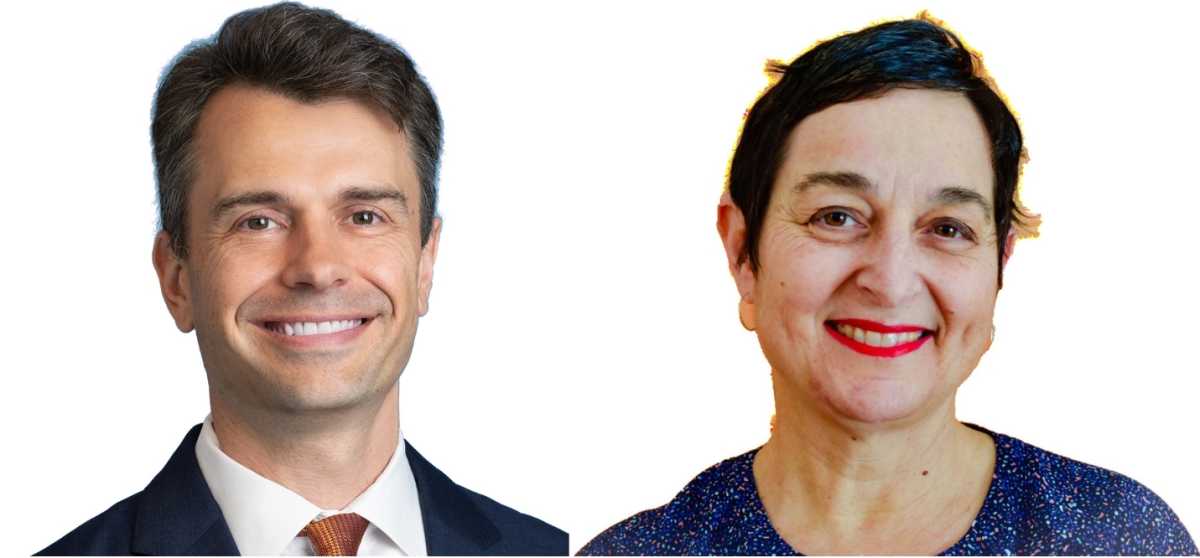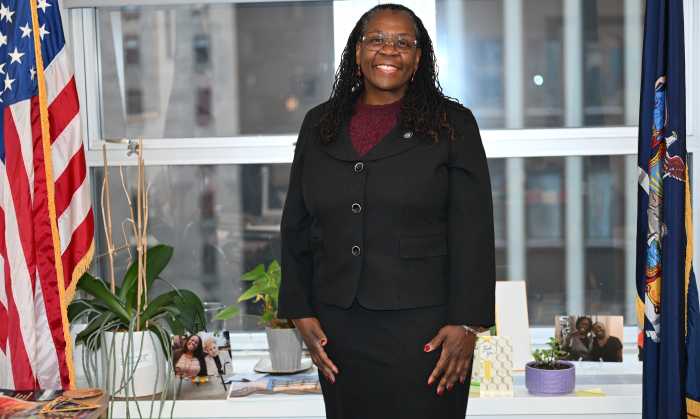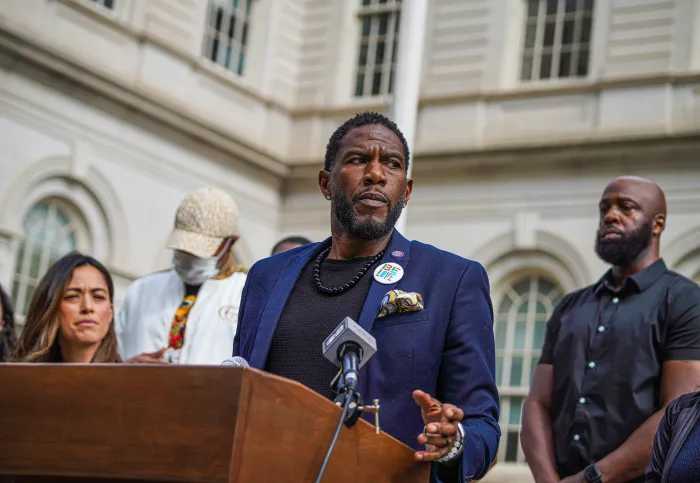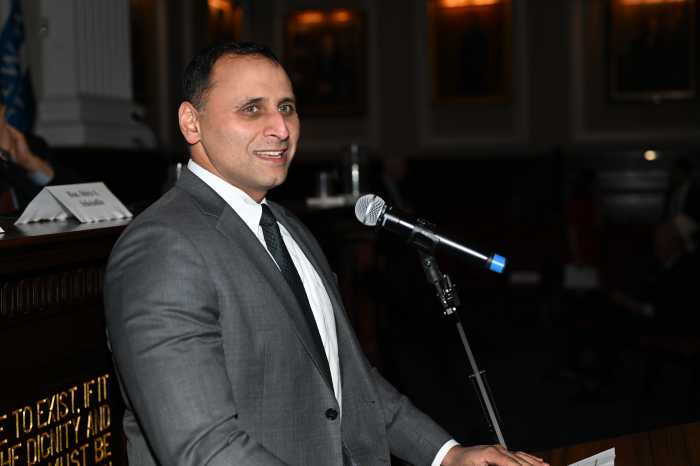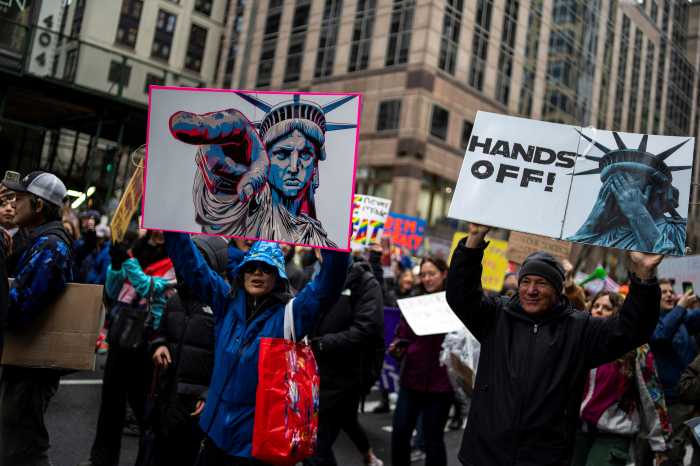Chronic absenteeism has emerged as one of the most pervasive challenges affecting parents of school-aged children since the COVID-19 pandemic. Approximately one out of every four American schoolchildren were absent for more than 10% of the 2022-23 school year. The statistics for New York are even more alarming, where approximately one out of every three students were chronically absent.
The problem of chronic absenteeism is especially pronounced among students with disabilities, many of whom suffer from anxiety or other mental health issues that result in a disorder known as “school avoidance” or “school refusal.” In 2022-23, 46.1% of New York City Public School (NYCPS) students with disabilities—more than 87,600 children and young adults—were chronically absent. Although NYCPS does not publish data on how many of these children are suffering from school avoidance, even a small fraction equates to thousands of students not getting the free, appropriate public education (FAPE) to which they are entitled under federal and state laws that protect students with disabilities.
Yet despite the magnitude of this problem, NYCPS has woefully inadequate programs aimed at helping families suffering from school avoidance. For example, the only concrete instructions in the chancellor’s regulations for investigating chronic absenteeism involve reporting allegations of educational neglect; barring neglect, the regulation directs staff to offer unspecified resources and interventions. But as many of the families we have spoken with know, NYCPS does not provide schools or families with the resources necessary to address school avoidance. For instance, NYCPS offers many families “homebound instruction”—a program designed to function as a temporary support—that provides a few hours of online instruction and does not include the support services that students would be receiving in school. Other parents have been told that their children should be homeschooled until their health improves, removing them from NYCPS support services altogether. And in other, much worse cases, parents have been subjected to investigations by welfare officials due to allegations of educational neglect, even though it is the student’s disability, and not parents’ neglect, that caused the gaps in attendance. Such measures frequently exacerbate, rather than resolve, the underlying mental health issues that lead to school avoidance in the first place.
While families with means can get private counseling to help their children overcome school avoidance, those less fortunate are often left to develop their own strategies for getting their children to school every day. This is not only unfair, but as alleged in a lawsuit we filed last month, illegal. Under federal, state, and city laws that prohibit discrimination based on disability, schools are required to provide services and accommodations for students with disabilities, including students suffering from school avoidance.
The lawsuit, C.S. ex rel. K.S. v. New York City Public Schools, No. 24-cv-7600 (S.D.N.Y.), was filed as a putative class action on behalf of all current and future students with disabilities who are eligible to attend New York City public schools and who avoid attending school because of their disabilities. Similar to students with other disabilities – for whom NYCPS convenes a multi-disciplinary team and develops an Individualized Education Program (IEP) that includes services aimed at addressing the student’s disabilities – plaintiffs demand that NYCPS develop and implement policies to identify, evaluate, and develop programming to assist students suffering from school avoidance.
Although NYCPS has acknowledged the importance of regular attendance and the need to address chronic absenteeism, far too little is being done. We hope the lawsuit will spur the level of urgency and action this issue deserves, either through a consent decree or judgment by the court. The court has scheduled a conference for Jan. 27, 2025.
Jeffrey Metzler is a partner at Pillsbury Winthrop Shaw Pittman. Susan Horwitz is supervising attorney of The Legal Aid Society’s Education Law Project.
Read More: https://www.amny.com/law/



